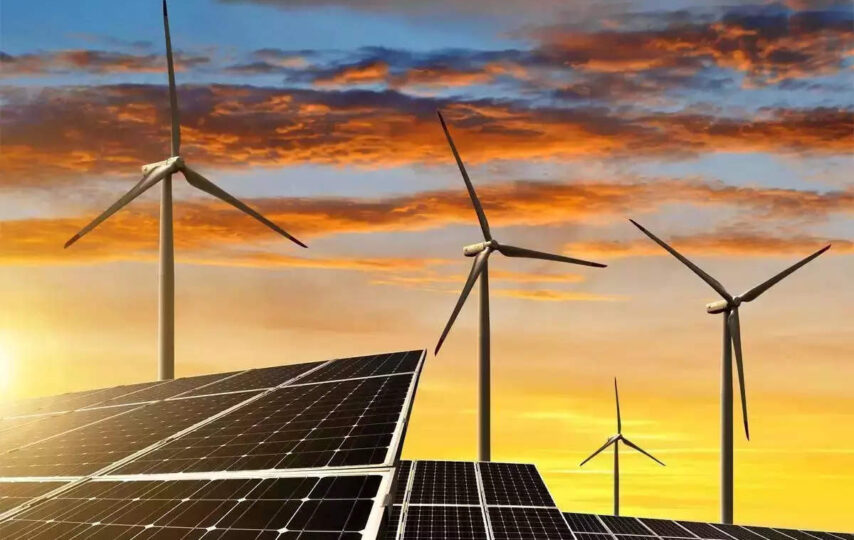Power outages are a common challenge, leaving many searching for reliable solutions. Solar panels show up as a ray of hope, providing stability against the unstable grid in addition to electricity. Residents may ensure a continuous power supply by utilising the island’s plentiful sunshine, which lessens their dependency on conventional sources that are vulnerable to failure during natural disasters. This shift towards solar energy represents a sustainable path forward, empowering communities with the autonomy to manage their energy needs effectively and ensuring that when outages strike, light remains. If you plan to shift to solar then Small Energy Bill is the best one to approach.
Off-Grid Capability: Maintaining Electricity Supply During Grid Failures
Maintaining Supply
Solar panels provide a steady electricity supply. They do this even when the main grid is down. Homes and businesses keep their lights on. Refrigerators stay running, preserving food.
Grid Failures
Florida often faces power outages due to storms or infrastructure issues. Solar panels offer a solution here. They ensure that power remains available during these failures.
Battery Storage Integration: Storing Excess Solar Energy for Use During Outages
Storing Energy
Batteries store excess solar energy for later use. This means homes can have power at night or on cloudy days. It’s like having a personal power reserve. Having a backup is better than stressing yourself during an outage.
During Outages
During outages, stored energy becomes crucial. It powers critical devices like medical equipment and communication tools. This makes solar systems with batteries invaluable in emergencies. Daily activities will be delayed and routine gets affected during outages so having backup electricity is very essential.
Reducing Dependence on Fossil Fuels: Enhancing Energy Independence and Security
Fossil Fuels
- By using solar panels, reliance on fossil fuels decreases significantly.
Fossil fuels are the main source of energy but, they are not environment friendly. By shifting to solar energy, people will no longer depend much on fossil fuel as a source of energy since they have other choices there.
- Cleaner air results from less burning of coal and oil.
Solar energy has a lesser carbon footprint compared with other energy sources, which is why they are ideal to use as they can not cause much toxicity to air and other areas.
- Reduced greenhouse gas emissions help combat climate change.
Climate change gives disadvantages to people and the environment but since fossil fuels are the main source of energy people still use them, but differences are seen when solar energy was introduced.
Energy Independence
- Solar panels move Florida towards energy independence.
- Less need to import expensive fossil fuels.
- More control over local energy resources.
Continuous Operation of Critical Systems: Powering Medical Devices and Communication Equipment
Medical Devices
Solar panels ensure that medical devices operate without interruption. This is crucial in emergencies. For instance, people who rely on electrically powered medical equipment like oxygen concentrators or home dialysis machines can face life-threatening situations during power outages. Solar energy provides a reliable power source, ensuring these devices keep running, and safeguarding health and lives. Homes equipped with solar panels and battery storage systems experience fewer disruptions. They maintain critical functions when the grid fails. Disruptions can destroy appliances and
Communication Equipment
Communication is key during power outages. Solar power keeps phones, radios, and internet routers working. This allows residents to stay informed about emergency updates and reach out for help if needed. A solar-powered home remains connected even when neighboring areas might be cut off from communication networks. It becomes a vital link for communities facing crises.
Community Resilience: Supporting Neighborhoods and Communities During Extended Outages
Supporting Neighborhoods
Solar panels contribute to community resilience by powering essential services such as street lights and local shelters. These become safe havens where people can charge devices, find light after sunset, and access fresh water or emergency supplies. Communities with more homes using solar energy are better prepared for disasters. They recover faster because they depend less on external aid for basic needs.
Extended Outages
- During prolonged blackouts caused by natural disasters or system failures, solar energy proves invaluable. It ensures continuous operation of critical infrastructure like water pumps and refrigeration for food storage.
- Areas equipped with decentralized solar installations fare much better than those relying solely on centralized power sources. This reduces the impact of extended outages on daily life and helps prevent secondary crises related to lack of access to essentials.
The collective efforts in Florida underscore the importance of embracing renewable energy technologies to secure a resilient power infrastructure. It invites other stakeholders to consider similar strategies, emphasizing the need for collaboration, innovation, and commitment to sustainability. As Florida continues to rebuild and innovate, its journey offers valuable insights into creating more resilient energy systems globally.








